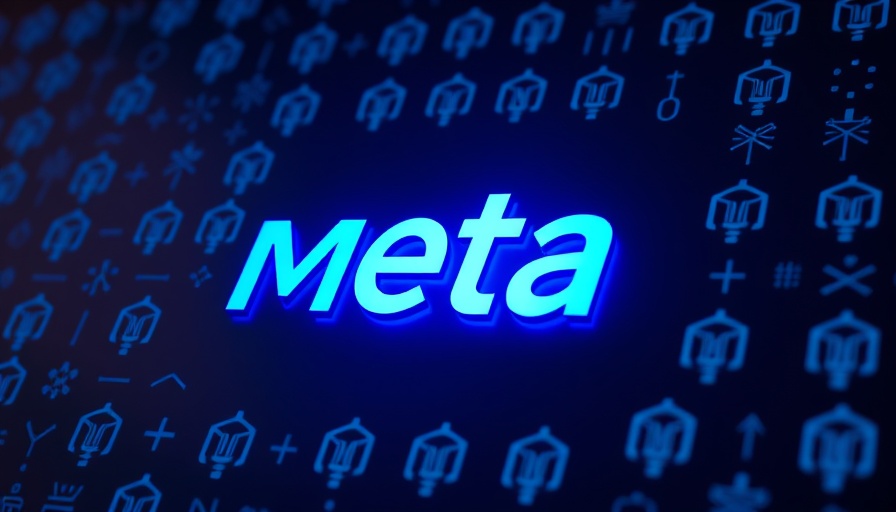
Meta's New Hate Speech Policies: A Closer Look
Meta’s Oversight Board has raised alarms over the social media giant's hastily announced new hate speech policies, marking a significant moment in the ongoing conflict between technology companies and content moderation. The Board, an independent entity tasked with guiding Meta on these pressing issues, has called for greater transparency regarding the policies alleged to weaken protections for marginalized communities.
The Oversight Board's Concerns
After Meta unveiled its new guidelines in January, the Oversight Board expressed concerns over the process being too rushed. In their response, the Board requested detailed evaluations of the potential impacts on vulnerable groups, along with public reporting on findings and regular updates every six months. This demand highlights the Board's commitment to ensuring that Meta prioritizes the wellbeing of its users alongside its desire to facilitate broader discourse.
Historical Context: Evolving Content Moderation Policies
Meta’s struggles with hate speech and content moderation are far from new. Since Mark Zuckerberg's decision to overhaul the company's approach to content moderation just before Trump’s presidency, Meta has attempted to balance the fine line between encouraging free expression and limiting harmful rhetoric. The recent rollbacks of protections that previously shielded immigrants and LGBTQIA+ users demonstrate a dramatic shift in policy, which has not gone unnoticed by observers and activists alike.
Recommendations for Improving Policies
The Oversight Board presented 17 recommendations aimed at refining Meta's approach to content moderation, urging the company to measure the effectiveness of its community notes system and clarify its stance on hateful ideologies. Perhaps most importantly, they insisted that Meta maintain its previous commitment to uphold the UN Guiding Principles on Business and Human Rights. Engaging with stakeholders impacted by these policy changes is essential, as past decisions have frequently slanted towards corporate interests over community welfare.
Impact on Marginalized Groups
A striking aspect of the Oversight Board’s commentary revolves around the implications for marginalized groups. It underscores a pressing question: How do these new policies affect those already vulnerable within social media spaces? With anti-immigration and transphobic sentiments bubbling in online discourse, addressing these issues comprehensively is vital to creating a safe environment for all users.
Future Insights: What Lies Ahead for Meta
The ongoing discussions between Meta and the Oversight Board may indicate a pivotal shift in how tech giants view their responsibilities toward community safety and user protection. If Meta grants the Board a referral for policy advisory opinions, the Oversight Board could play an essential role in shaping the future of content moderation at Meta. Such a move would not only remedy existing gaps in strategy but also actively involve diverse perspectives in future policy-making.
Counterarguments: A Complex Debate
While some argue for the necessity of broader speech on social media platforms, caution is warranted. The counterarguments highlight a significant dichotomy: the balance between free speech and the potential for hate speech, particularly when certain voices are disproportionately affected. Thus, there exists a compelling need for thorough dialogue that includes varying perspectives and experiences, thus enriching the debate around freedom and safety in digital spaces.
Conclusion: Bridging Gaps and Seeking Balance
This situation encourages users, policymakers, and industry leaders to engage critically with how platforms like Meta shape our social discourse. The Oversight Board's recommendations underline the importance of a collaborative approach to content moderation, advocating for policies that transition harm reduction from mere reaction to proactive strategy. As Meta navigates these murky waters, the imperative remains to ensure that technology fosters safety, integrity, and meaningful engagement across all user experiences.
 Add Row
Add Row  Add
Add 



Write A Comment